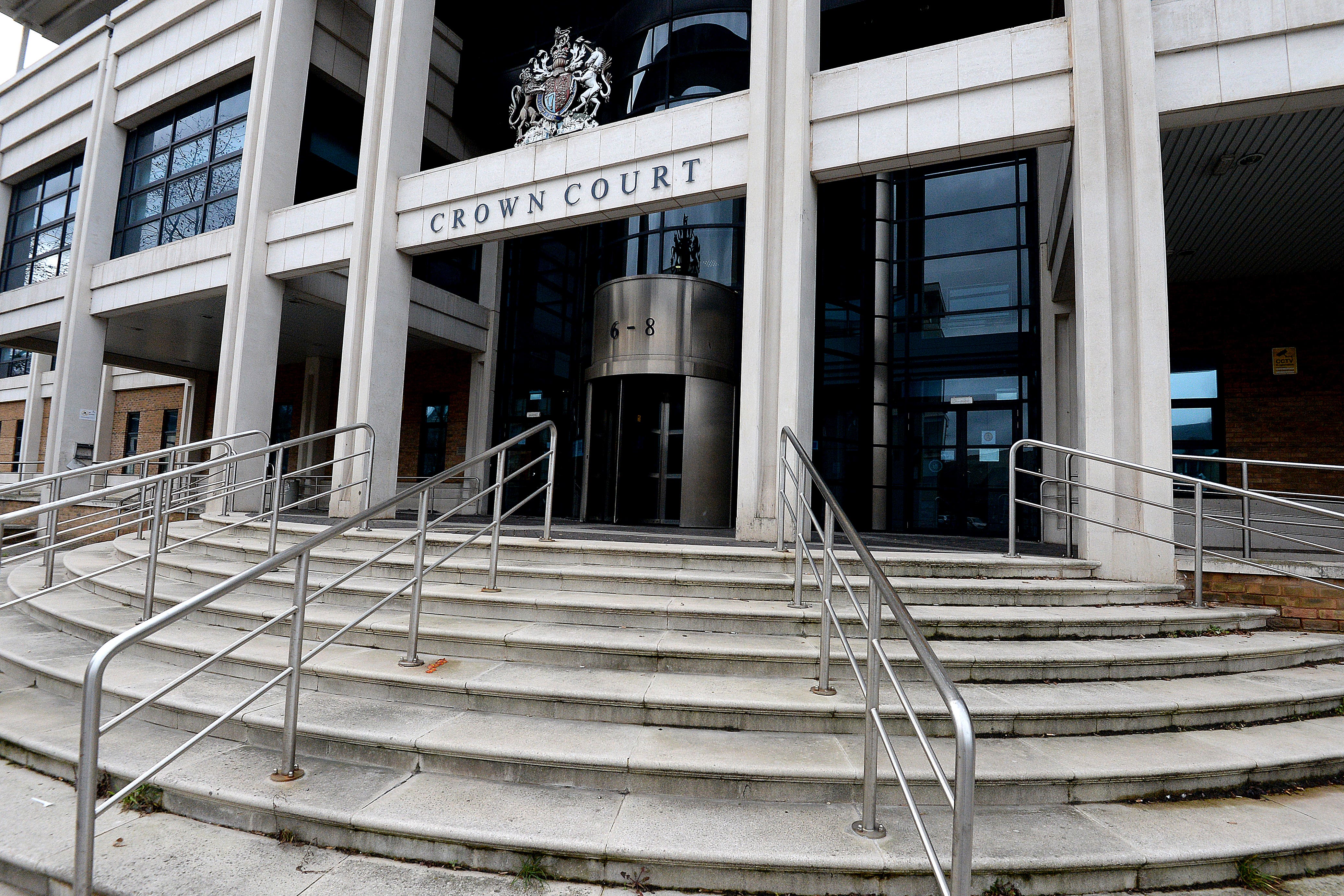Six men jailed after smuggling £1m of cocaine into UK on broom handles
It is thought to be the first time the method has been used to import the drug into the UK, the Metropolitan Police said.

Six men have been jailed for a total of 135 years after smuggling more than £1 million of cocaine into the UK by coating it invisibly on broom handles.
It is thought to be the first time the method has been used to import the drug into the UK, the Metropolitan Police said.
The gang members were convicted in June, after a four and a half-month trial, of conspiracy to import cocaine, almost two years after their arrests in October 2021 following an investigation by the Met and the National Crime Agency (NCA).
You should be utterly ashamed of your selfish pursuit of financial greed at the untold cost of the lives ruined or to be ruined
Nigel Rogers, 62, of Whitstable, Frank Asante, 48, of west London, Yuni Alexis Pacheco Miranda, 65, of north London, Daniel Oliver, 52, of Margate, Ermal Shtrezi, 41, of north London, and Terrence Allen, 74, of south-east London, were jailed at Kingston Crown Court on Thursday.
William Adams, 76, of Sittingbourne, was due to appear alongside the other men on Thursday but was unwell and will be sentenced at a later date.
The gang smuggled 580 coated broom handles overall, but none of the drugs made it on to the streets.
The men were also sentenced for a range of other drug-related offences.
Judge Marcus Tregilgas-Davey said: “Class A drugs, such as cocaine, cause untold misery.
“They destroy the lives of individuals, often the lives of young and vulnerable people, and they rip families apart.
“You were engaged in that evil and wicked trade out of pure financial avarice without a care or thought to the harm and devastation your drugs would wreak upon the communities in which they ended up.
“Some of you have children yet were prepared to be part of a criminal enterprise that risked ruining the lives of other people’s children.
“You should be utterly ashamed of your selfish pursuit of financial greed at the untold cost of the lives ruined or to be ruined.”
He told the court: “A novel chemical process was used to coat the broom handles in cocaine which was invisible to the human eye.”
The judge jailed Rogers for 23 years, Asante for 18 years, Miranda and Oliver for 29 years each, Shtrezi for 23 years and Allen for 13 years.
Family members of the defendants, attending in the public gallery, waved and blew kisses at them before they were taken down to the cells.
Police said the broom handles had been moved in a shipping container in October 2021 from Colombia to an industrial estate close to a cleaning company called Pamper Cleaning, owned by Allen.
A search of Pamper Cleaning revealed cocaine stored in the company safe, as well as MDMA, amphetamines and cannabis.
More than £118,400 in cash was also found at the home address of Shtrezi, an Albanian national.
Rogers, Asante, Oliver and Shtrezi all had previous convictions for drugs-related offending in the UK.
Allen had no previous convictions and Miranda had no convictions recorded against him in the UK.
Miranda and Rogers were singled out by the prosecution as playing a “leading role” in the operation.
Peter Marshall, defending Rogers, rejected the claim, arguing that he was “at least twice removed” from suppliers in South America and only played an “organisational” role in the movement of drugs when they arrived in the UK.
Prosecutor Nicholas Dunham described Miranda as an “experienced and established international drug smuggler” who was “intimately connected” to the conspiracy.
We will continue to work tirelessly to remove that threat and work with all other law enforcement and intelligence agencies to support that objective
Representing himself, Miranda – a Venezuelan national assisted in court by a Spanish interpreter – denied leading the operation and accused barristers of portraying his co-defendants as “little angels”.
Detective Chief Inspector Ben Mahoney, the senior investigating officer in the case, said the method is an example of the “ever more sophisticated” ways gangs try to smuggle narcotics into the UK.
He added that it is “probably” just the “latest scheme or idea that they have come up with” and said they were even overheard in a pub discussing how to conceal the drug in tins of tomatoes or chopped pineapple.
Mr Mahoney said a forensic provider used by the Met had never heard of the method before and scientists needed to be contacted to ascertain how the drug could later be extracted from the broom handles.
The senior officer told reporters at a pre-sentencing briefing: “What we find interesting from a law enforcement perspective is now we know about a technology, we understand how to extract that.
“That allows that knowledge to be shared nationally.
“We know that class A drugs in particular are an enhancer of violence within our communities.
“We will continue to work tirelessly to remove that threat and work with all other law enforcement and intelligence agencies to support that objective.”
Bookmark popover
Removed from bookmarks